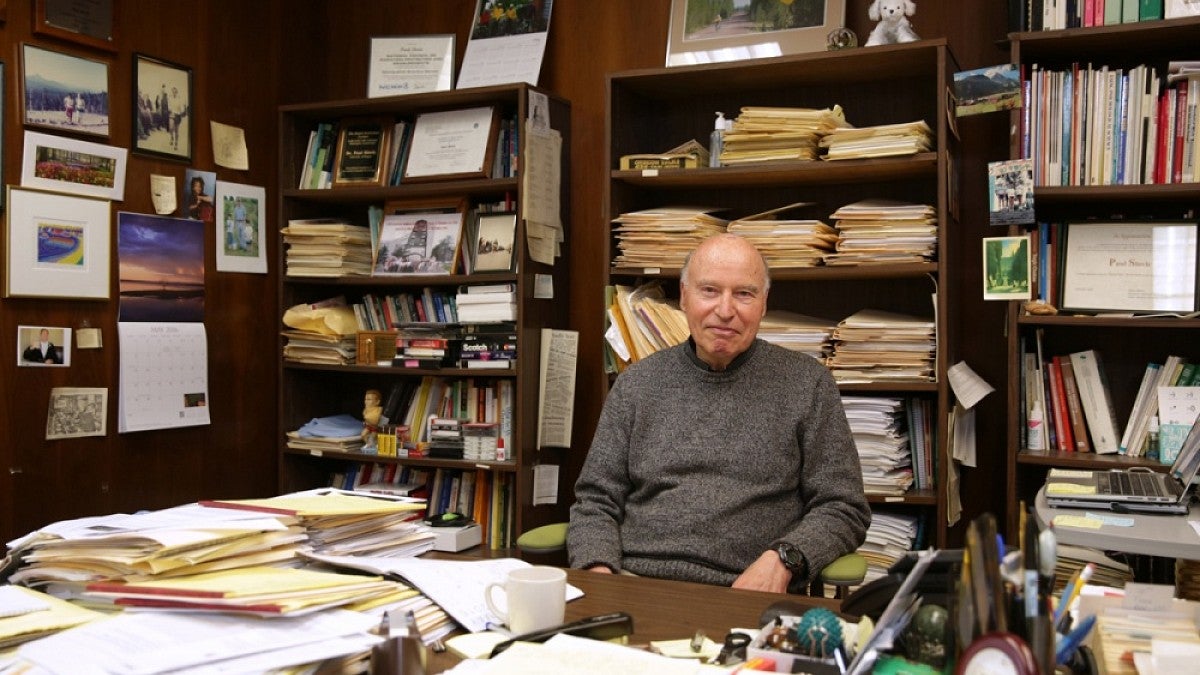UO psychology professor Paul Slovic has been making headlines with his most recent work.
In a study published Jan. 10 in the journal Proceedings of the National Academy of Sciences, Slovic looked at the emotional effect of the photograph of Aylan, the young Syrian refugee whose body washed up on the Turkish shore, as well as what effect it had on the amount of donations to the Red Cross.
To achieve this, Slovic said, “We looked at the number of Google searches for ‘Syria’ and ‘refugees’ and ‘Aylan.’ Before, there was very little interest in the Syrian refugee crisis. Afterward and for approximately the next month, the searches spiked.”
Slovic and fellow researchers also looked at donations to the Swedish Red Cross, which set up a fund specifically to aid the Syrian refugees.
“Not only did the photo wake people up to make an emotional connection to the situation in Syria,” he said, “but where people had an avenue for action, like donating, they did.”
To learn more about his findings, read about the study in Reuters, National Public Radio’s “Goats and Soda” or Inverse magazine.
Slovic has focused much of his research on psychological factors contributing to apathy in cases of genocide, looking at the impact of an image of a single victim versus the impact of statistics showing hundreds of thousands of people are being affected. This study, on which he collaborated with Daniel Vastfjall, Arvid Erlandsson and Robin Gregory, continues in that direction.


